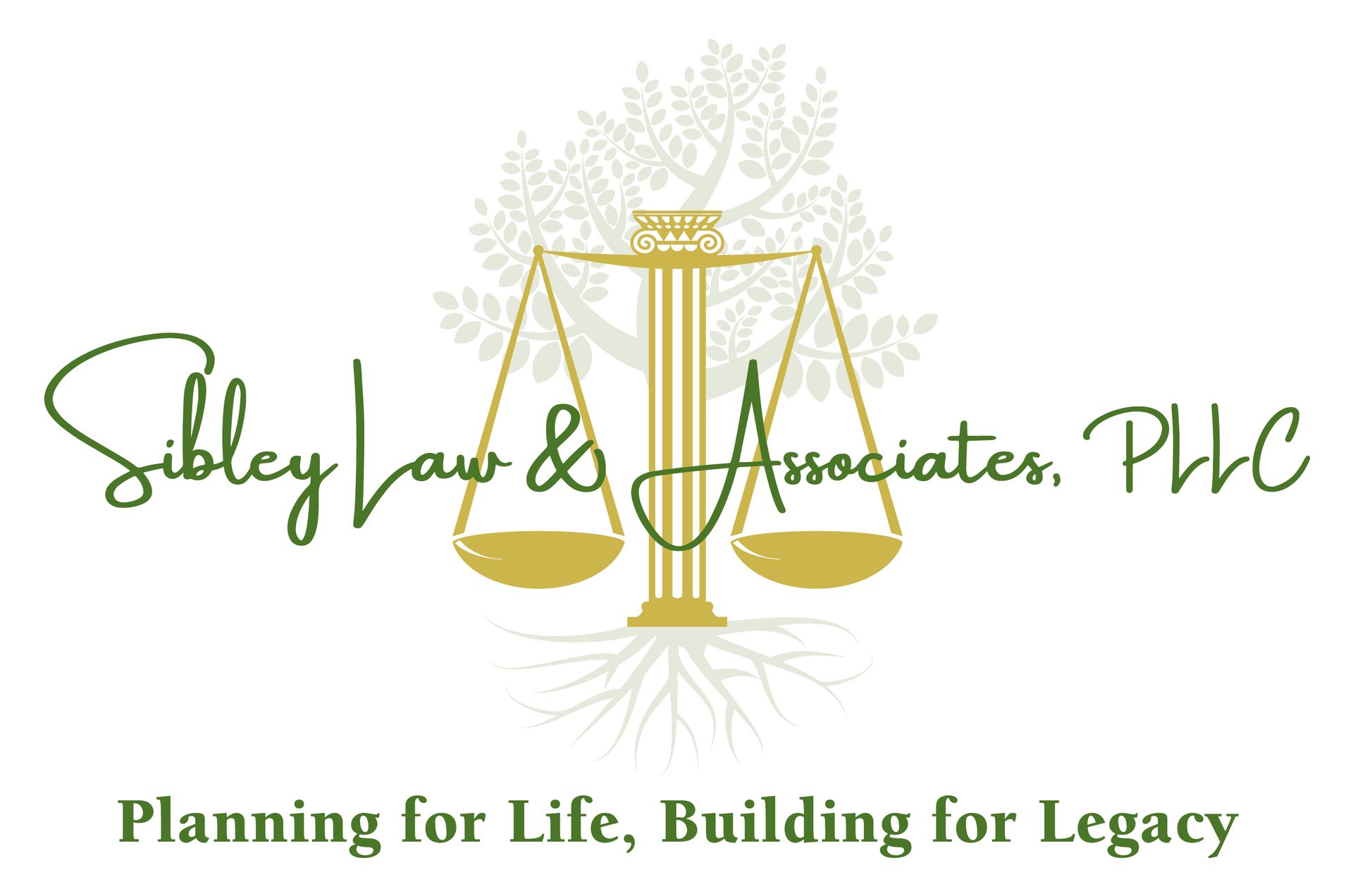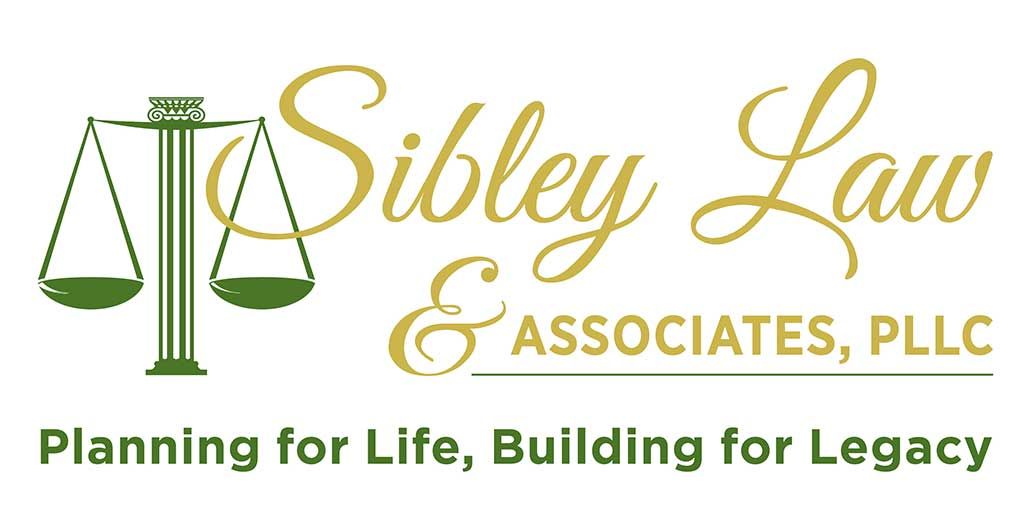Licensed Will and Trust Attorney in Brevard County
Thank you for choosing Sibley Law & Associates, PLLC. Our law firm provides will and trusts for clients in Central Florida and surrounding areas. We construct a precise, straightforward, legal will or trust that's perfect for you. A will is just one form of estate planning. It allows you to name a person to oversee the distribution of your assets, name who will receive what asset, name a long-term guardian for your minor children, and provide for final burial or cremation arrangements at your death. A Trust is an agreement where one person (trustee) holds onto assets for the benefit of others (beneficiaries). The person that develops the trust is called the Trustor (our client). Trusts are set up to provide legal protection for the Trustor’s assets and ensure that those assets are distributed according to the wishes of the Trustor. Don’t wait any longer to get started! Call us now to schedule a consultation.
What is A WIll?
A Will is a legal document that a person uses to express how they want their assets (property) distributed after they pass away. The person creating the Will is known as the "testator." In this document, the testator specifies who should inherit their property, money, or other possessions, and designates a "personal representative" or executor to ensure these wishes are carried out.
In addition to laying out the plan for distributing the assets, a Will can address the care of minor children by naming a guardian in case the testator is no longer around. Basically, a will serves as a roadmap for executing the testator's wishes after their death. Without a will, there's a risk that Florida laws will determine how assets are distributed, potentially conflicting with the testator's intentions. Crafting a will is a proactive measure to ensure that one's legacy aligns with their intended wishes and that their loved ones are provided for in the way they desire.
What is A TRUST?
A trust is a legal arrangement that allows individuals to manage and distribute their assets in a specific way, providing a level of control and flexibility beyond what a Will alone can offer. In a trust, there are three main roles: the "grantor" (the person creating the trust), the "trustee" (the person responsible for managing the trust), and the "beneficiary" (the person or entity receiving the trust's benefits).
Understanding Differences Between Wills and Trusts?
Unlike a will, a trust becomes effective while the grantor is still alive, and it can continue after their death. The grantor puts assets, like money or property, into the trust and outlines how they should be handled. Trust is also used to avoid the probate process, which is the legal procedure to validate a will, making the distribution of assets quicker and more private. Trusts can serve various purposes, such as providing for the financial needs of a surviving spouse, managing assets for minor children, or supporting charitable causes. Overall, a trust offers a way to manage and distribute assets according to the grantor's wishes, with potential benefits for privacy and efficiency.
Frequently Asked Questions About Wills And Trusts
-
What is better in Florida a will or trust?
The decision between a will and a trust depends on your individual circumstances, goals, and preferences. There is no one-size-fits-all answer, as each has its advantages and considerations, and every family legacy is their own. Consider your specific goals, such as providing for minor children, planning for incapacity, or minimizing estate taxes. The best choice depends on the unique aspects of your situation.
-
What is the major disadvantage of a trust?
Complexity - Establishing and managing a trust can be more complex than creating a will. They often involve more paperwork and legal documentation, and can increase with the size and diversity of your assets and the specific provisions you want in the trust. Working with an estate planning attorney is important to ensure it is done properly
Cost - Setting up a trust can be more expensive than creating a will. The initial costs may include attorney fees, trustee fees, and potential transfer taxes. However, in the long run it can end up costing your estate less in the end and provide more security for your loved ones.
-
What are 3 advantages of a trust over a will?
Privacy – Probate proceedings are a matter of public record, meaning that almost anyone can access information about the deceased person's assets, debts, and beneficiaries. On the other hand, trusts are private arrangements, and the details of the trust remain confidential. This confidentiality can be particularly appealing to individuals who prefer to keep their financial affairs private.
Probate avoidance - Assets held in a properly funded trust can pass directly to beneficiaries without the need for probate and according to the design of the Trust thereby saving time and reducing associated court costs.
Flexibility in Distribution of Assets – Trusts offer more flexibility in how assets are distributed to beneficiaries so it can provide the beneficiaries with protections against future loss of the inheritance
-
Why do trusts avoid taxes?
Trusts can be structured to provide certain tax advantages, and the specific tax benefits depend on the type of trust and the goals of the trust maker.
-
What costs more a Will or a Trust?
•Trust: Setting up a trust may initially be more expensive than drafting a will, but it can potentially save money in the long run by avoiding or minimizing probate costs.
•Will: Wills are generally less expensive to create than trusts, but the costs associated with probate (court fees, attorney fees) can offset the initial savings.
Call Us At (321) 844-8694 For Wills and Trusts
Contact Information
Phone: (321) 844-8694
Email:
Office@sibleylawpa.com
Address: 6767 N Wickham Rd Suite 400
Melbourne, FL 32940
Serving Clients Throughout Melbourne, Brevard County & Florida

Business Hours
Monday – Friday: 9am – 5pm
Saturday - Sunday: Closed
Stay up-to-date with our monthly newsletter.
Contact Us
We will get back to you as soon as possible.
Please try again later.
© 2023 by Sibley Law & Associates PLLC. All rights reserved.
Disclosure: The information contained on this website and blog is of a general nature and is not intended in any way to answer individual legal questions. If you have a legal question concerning your individual circumstances, please contact our office to schedule a free consultation. Your review of information from this website or blog does not create an attorney-client relationship, nor any legal privileges related to legal representation.







